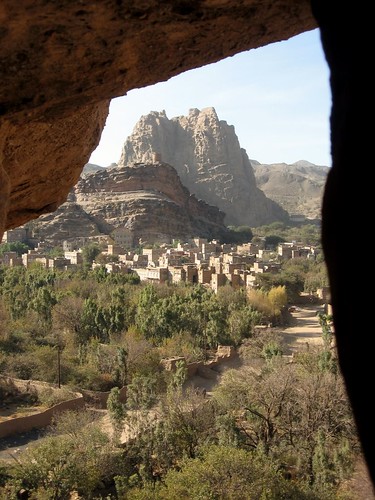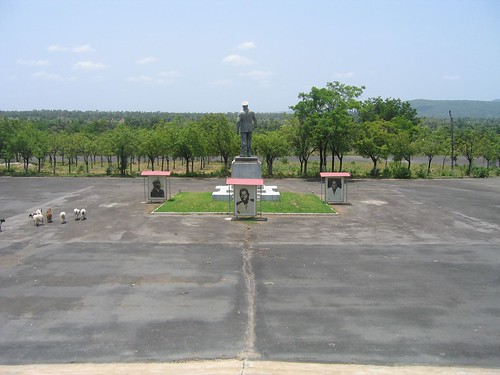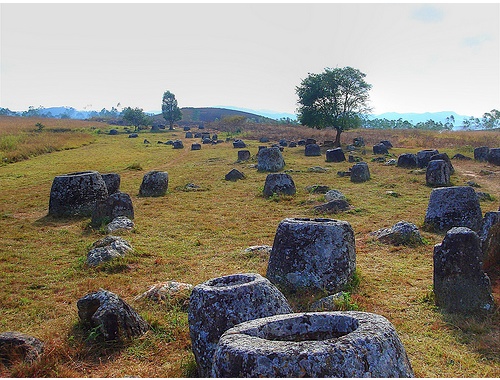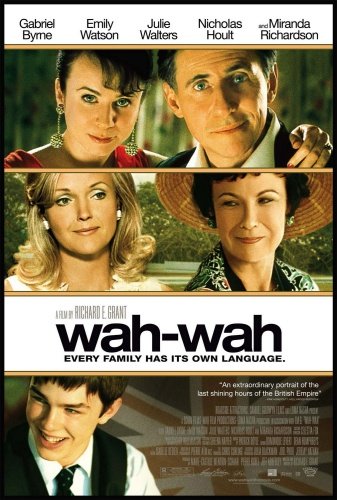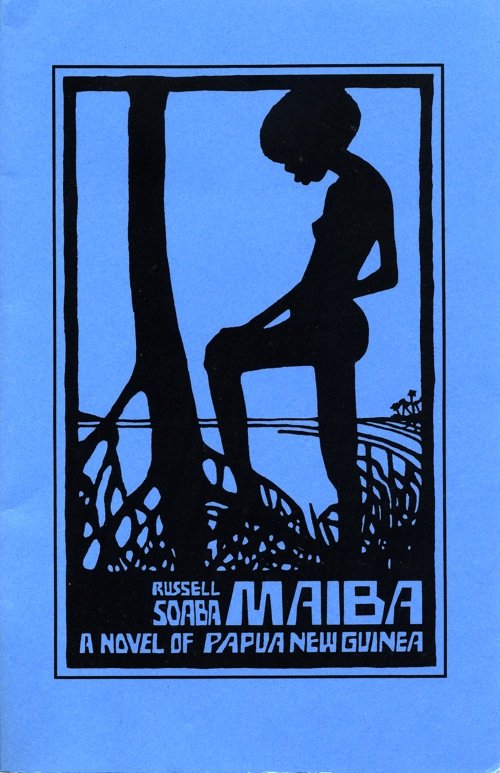Told by Starlight in Chad is a collection of stories by Chadian writer Joseph Brahim Seid, translated from French by Karen Haire Hoenig. I’ve tagged this post with ‘short stories’ but they aren’t really short stories in the literary tradition: they are fables or folk tales in the oral tradition. I’m not sure whether they are all traditional stories or new ones, or how true they are to the way the stories might be ‘told by starlight’.

In some ways the material seems very familiar — wicked stepmothers, magic purses, and beautiful princesses — although the stories feature hyenas and gazelles rather than foxes and rabbits. Sometimes the stories end with a moral or an explanation of the ‘and that’s why we do so-and-so’ type, and sometimes they are, as far as I can tell, just stories.
Just to give you an idea of the style, here’s the opening to a story called Bidi-Camoun, Tchourouma’s Horse.
A very long time ago, in the days when miracles and wonders were still common among us, a little prince was born in the kingdom of Lake Fitri. Tchourouma was his name; noone knew the reason why. His father loved him dearly and his mother adored him. At a very young age, they had given him as a gift Bidi-Camoun, a splendid chestnut horse. When Tchourouma had barely reached his fifteenth year, his gentle mother died, snatched away by a cruel disease in her chest, which neither the skill of the fakihs, the fetish doctors nor the Bulala witchdoctors could cure. In memory of his beloved wife, the Sultan retained a great deal of affection for the child. He took him lion hunting and on walks around the lake which is the sanctuary of the ancestral spirits and the safeguard of the kingdom. Devoured with envy by the King’s great fondness for his son, the women of the harem devised plots to kill the child….
All quite interesting and quite enjoyable, though I can’t say I was completely grabbed by it. Told by Starlight in Chad is my book from Chad for the Read The World challenge.
» The picture of rock art in Chad, “Round head” paintings, is © Franck Zecchin and used under a by-nc-sa licence.
